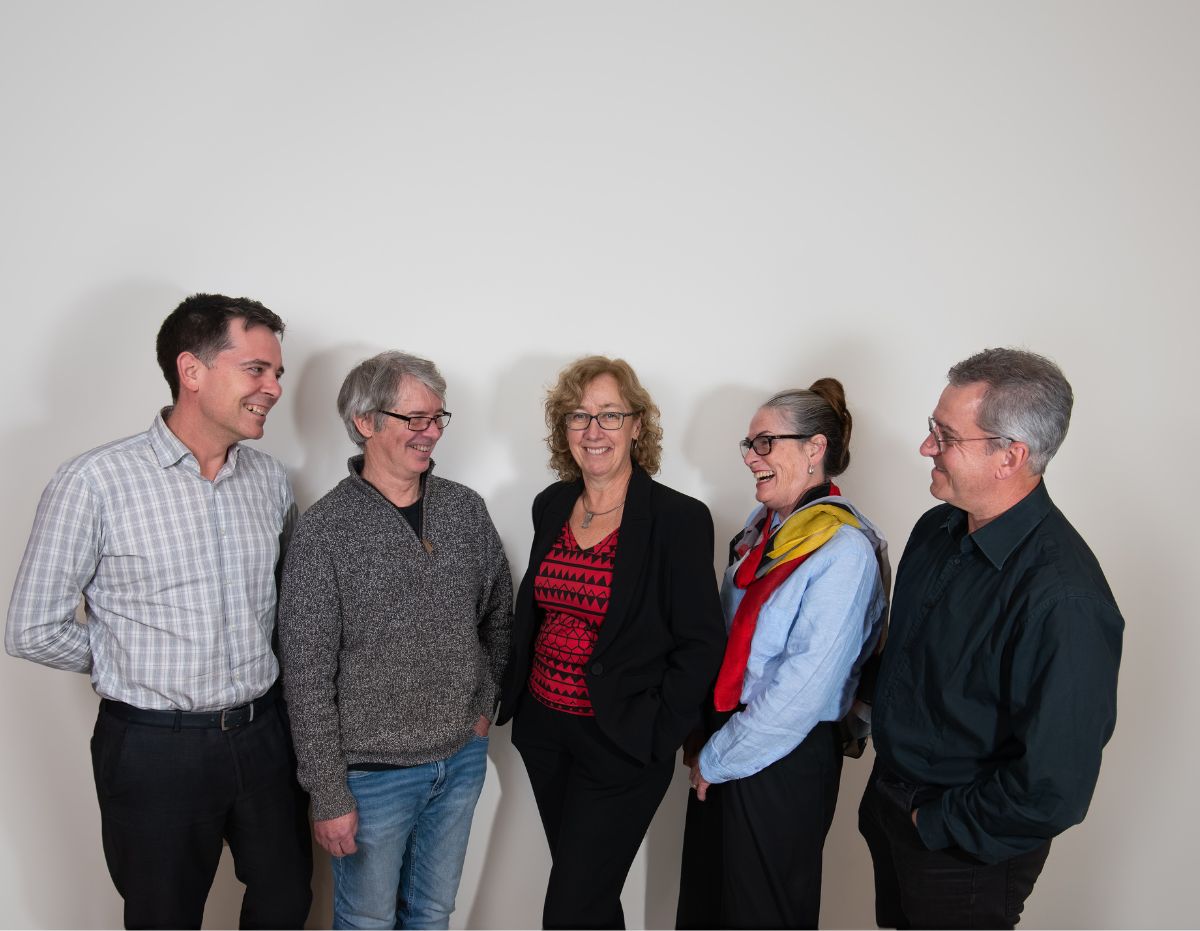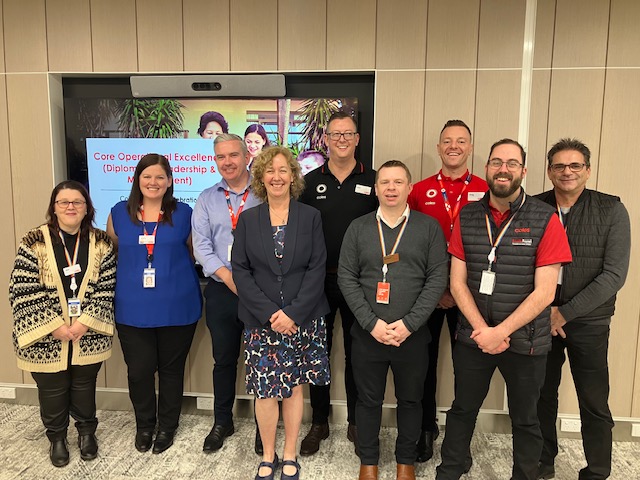Revitalisation: From Crisis to Collaboration with QBS
Before partnering with QBS, a large IT&T company found itself grappling with significant challenges. External consultants were brought in, hoping to “fix” the organisation, but their presence was intrusive and costly. Meanwhile, the leaders were lurching from one problem to the next, without the necessary skills to break free from this cycle. Operational management skills were lacking, leaving the organisation ill-equipped to navigate budget cuts and meet their targets.
Lacking Buy-In
They had previously attempted various solutions, such as process owners and restructures. They embraced big initiatives proposed by consultants, complete with catchy phrases and large central program offices. However, these efforts proved ineffective as they lacked buy-in and local ownership. The internally developed leadership programs fell short, as they focused on soft skills and failed to address the crucial operational management skills required.
Tangible Improvements
QBS stepped in and introduced an approach that started with executives and senior leaders, then middle managers, finally trickled down to emerging leaders and individual contributors through four distinct yet interconnected programs. The language used was approachable, avoiding jargon, and the focus shifted towards practical, localised improvements rather than overwhelming end-to-end initiatives that failed to deliver. Participants found the content refreshing and insightful, granting them a fresh perspective on their work. The immediate application of what they learned, combined with a collaborative approach, brought about tangible improvements in how they managed their functions. This was operational acumen (OQ) development, with a side serve of EQ.
Participation and Selection
Key takeaways from the experience included the significance of a top-down approach, getting senior leaders actively involved and speaking the same language. The selection process was crucial, ensuring participants had the right mindset for learning and growth. By deliberately holding back demand, curiosity and enthusiasm were cultivated. Some individuals struggled with managing and prioritising their time, highlighting the need for the program. To provide impetus to make it a priority, the company was emphatic that the program was a core business requirement and should be reflected in scorecards rather than dismissed as a mere developmental activity. The qualification obtained at the program’s conclusion became a highly valued personal reward for participants’ efforts.
Widening Impact
Achieving success required reframing the program as operational improvement, shifting away from conventional L&D approaches. Business leaders funded the program, rather than relying on a centralised HR budget. Initially, there was resistance from senior leaders who questioned the program’s applicability to a technology company, but the results spoke for themselves, leaving the sceptics behind. Pushback from leaders seeking centralised initiatives was skillfully addressed by showcasing graduates who passionately advocated for the program’s effectiveness. The program was strategically marketed internally, bringing different business areas onboard to deepen and widen its impact. It became very clear when you were talking to someone who had been on one of the QBS programs – they had a mindset and language that set them apart.
Changed Mindsets
Over a five year period, QBS facilitated a total of 85 groups spread across four programs and four continents, from executive to the frontline. Survey feedback was outstanding with 100% of COE graduates recommending the program, 100% reporting it had changed their mindset and self-reported financial benefits averaging A$250,000 per annum per COE graduate.
They wholeheartedly recommend the COE program and QBS due to their expertise and commitment. QBS’s approach stands out by avoiding the need to keep a revolving door of consultants, constantly seeking new projects. Their flexibility allowed the program to be tailored to specific needs. QBS provided invaluable feedback and insights, including connecting participants to each other for sharing similar challenges and successes.
In conclusion, the partnership with QBS led to transformative changes, enabling them to overcome their challenges, develop over 1000 effective leaders, and achieve sustainable operational improvements. Through QBS’s guidance, the organisation discovered the power of collaborative, practical approaches, empowering their teams to thrive in the face of complexity.
Interested in finding out more? Check out QBS’s programs here







 Quality Business Services
Quality Business Services
 Quality Business Services
Quality Business Services Quality Business Services
Quality Business Services Quality Business Services
Quality Business Services
